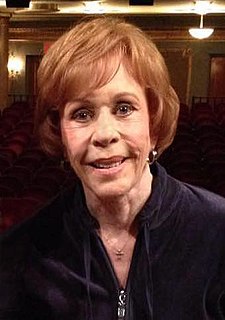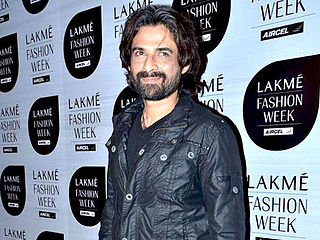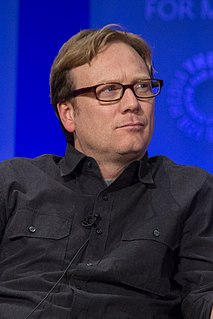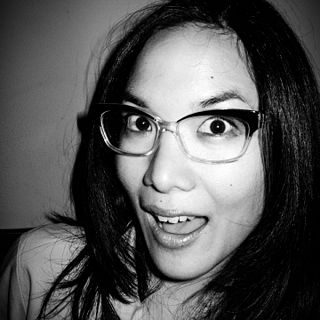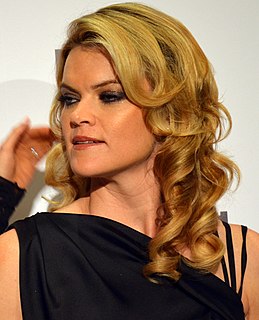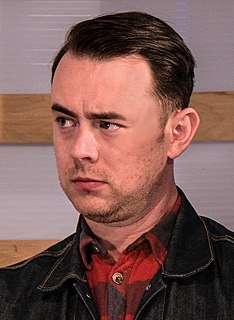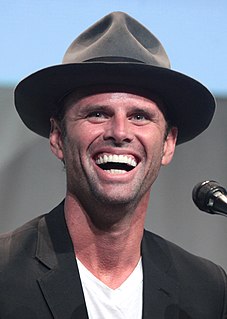A Quote by Carol Burnett
My preference is for people who can do sketch comedy or situational comedy, where it's not a joke, but it's telling a story.
Quote Topics
Related Quotes
I think I'm one of those guys who was sort of always in comedy. I thought of myself - and other people seemed to think of me - as funny from a very young age. I was a very young comedy nerd and I even did sketch comedy in high school and college. I wrote and shot sketches on video and acted in them.
When I was working with Barry Sonnenfeld, I'd watch him set up a shot and talk to him about what he was seeing and what it was to shoot comedy. He told me that a lot of times with comedy, it's not just about getting the joke, but getting a reaction to the joke. That's the laugh - it's somebody's else's reaction to the joke.
